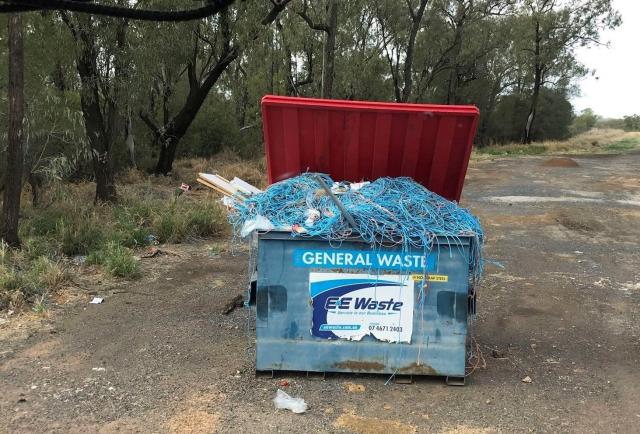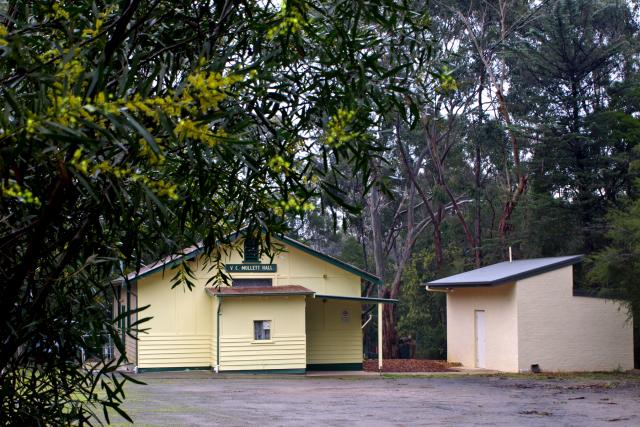Friday 14 February marked Valentine’s Day for 2025, traditionally a celebration of romantic love with its origins in paganism with Christian associations.
But like other festivals it has now been relegated to filling a consumer vacuum between Christmas and Easter.
Undoubtedly, even in these times of hardship for some, there will still be the usual overspending on gifts and flowers, albeit be a last minute bunch grabbed from the servo or supermarket.
Traditionally associated with romance, roses today have become a clichéd and superficial Valentine’s Day gift symbolizing the commercialization of love, stripped of genuine emotion.
Approximately 40 per cent to 50 per cent of fresh-cut flowers sold in Australia are imported, with a significant portion arriving around Valentine’s Day.
For instance, up to 10 million roses are flown into the country during this period.
And while there is nothing wrong with celebrating romantic love, be it often so fleeting, today as we face a world riven with problems should we perhaps divert our thoughts to a different kind of love: a compassionate love or Agape as the Greeks called it.
Agape is different from romantic love (eros) and familial love (storge); it focuses on love that transcends personal desires or emotions and seeks the well-being of others.
A love that goes beyond personal gain or emotional attachments, given freely without expecting anything in return and can include strangers and even enemies.
Agape can involve empathy which focuses on understanding another person’s feelings or at least acknowledges the validity of those feelings.
But this kind of approach is missing from our individualistic way of thinking.
Perhaps that is why we are now enacting laws against what is called ‘hate speech.’
While the most recent cases have targeted Jewish people we must not forget that others like Middle Eastern and African migrants and of course our own Indigenous have also been the focus of many attacks.
There is a love that gives with open hands,
Not counting what it loses, but what it gives.
It doesn’t seek to take, but simply stands—
A beacon where the soul, unchained, can live.
Agape’s Embrace author unknown
It’s of course harder to feel empathy when you are struggling with family, mortgage payments as well as high grocery, medical and utility bills.
As well the media, particularly social media, constantly highlighting crimes while politicians vie with each other to capitalise on public fears.
With an election just around the corner there are many issues we should be discussing.
Regrettably, we are not a culture that engages in weighty conversations over coffee or a pint.
Sport is allowable but anything else is viewed with suspicion.
And yet, many have found it distressing to view day in day out images from countries in turmoil and particularly seeing the suffering of children, yet feel constrained in expressing their feelings.
We see heart-wrenching pictures of the plight faced by millions of displaced individuals around the world, the loss of home, security, and a sense of belonging.
Similarly, we are troubled by laws hastily enacted in response to community fears with possible unintended consequences seemingly left unexplored or addressed.
So while we pride ourselves in living in a vibrant democracy, we forget that this requires before anything else an informed electorate and one that hopefully can look beyond narrow personal gains, engage in difficult discussions and be prepared to question our representatives.
Poetry has always been a medium for capturing the spirit of the times, and today is no different.
Poems can offer a glimpse into the complexities and realities of our world and help bridge gaps between different groups and generations.
It invites readers to step into others’ shoes, fostering empathy and understanding in an increasingly divided world.
Through poetry, we can find solace, understanding, and inspiration as we navigate the ever-changing landscape of our world today.
Among the many Australian poets there has been a growing number of indigenous poets:
Ellen van Neerven, Ali Corgy Eckermann, Allison Whittaker, Charmaine Papertalk Green, Evelyn Aaluen to name a few, all prepared to speak about injustices as they see or live them.
Though not an Australian poem, lya Kaminsky’s ‘We Lived Happily during the War’ is a complex and conflicted exploration of life in America during a period in which the country was waging wars overseas.
The sentiments expressed are just as relevant to the Australian experience.
Kaminsky uses the contrast between domestic comfort and foreign suffering to reflect on feelings of guilt in living in relative peace while others suffer, suggesting that people in affluent countries can afford to ignore horrors elsewhere.
But perhaps at a cost.
We Lived Happily During the War
And when they bombed other people’s houses, we
protested
but not enough, we opposed them but not
enough. I was
in my bed, around my bed America
was falling: invisible house by invisible house by invisible house.
I took a chair outside and watched the sun.
In the sixth month
of a disastrous reign in the house of money
in the street of money in the city of money in the country of money,
our great country of money, we (forgive us)
lived happily during the war.
All of what I’ve written should not blunt your romantic impulse towards a loved one.
It is just reminder that the wonderful feelings felt towards a loved one should not be orchestrated by commercial imperatives but be freely expressed at any time whether with flowers or a well chosen gift.
And nor should we forget to acknowledge the other kinds of love that enrich our lives and our society.
British poet Carole Ann Duffy, you may remember, cheekily suggested that an onion with its layers of skin and lingering scent was a far better representation of a lasting relationship than a rose.
But while for many roses will still be the symbolic gift of romantic love and undoubtedly received with great pleasure the last word goes to the inimitable Dorothy Parker
One Perfect Rose
A single flow’r he sent me, since we met.
All tenderly his messenger he chose;
Deep-hearted, pure, with scented dew still wet–
One perfect rose.
I knew the language of the floweret;
“My fragile leaves,” it said, “his heart enclose.”
Love long has taken for his amulet
One perfect rose.
Why is it no one ever sent me yet
One perfect limousine, do you suppose?
Ah no, it’s always just my luck to get
One perfect rose.







